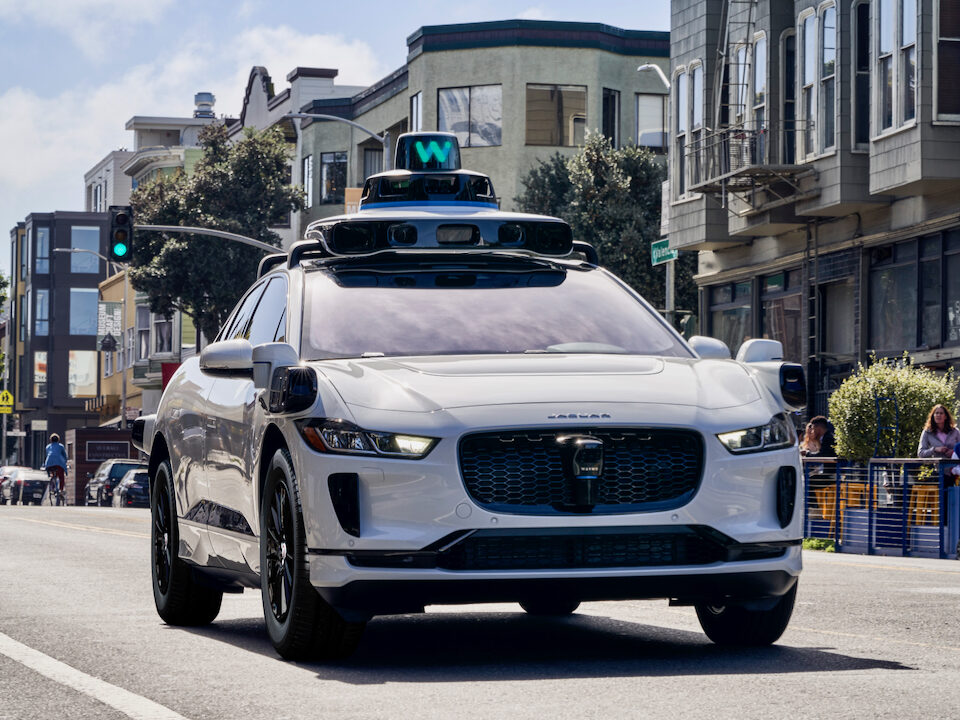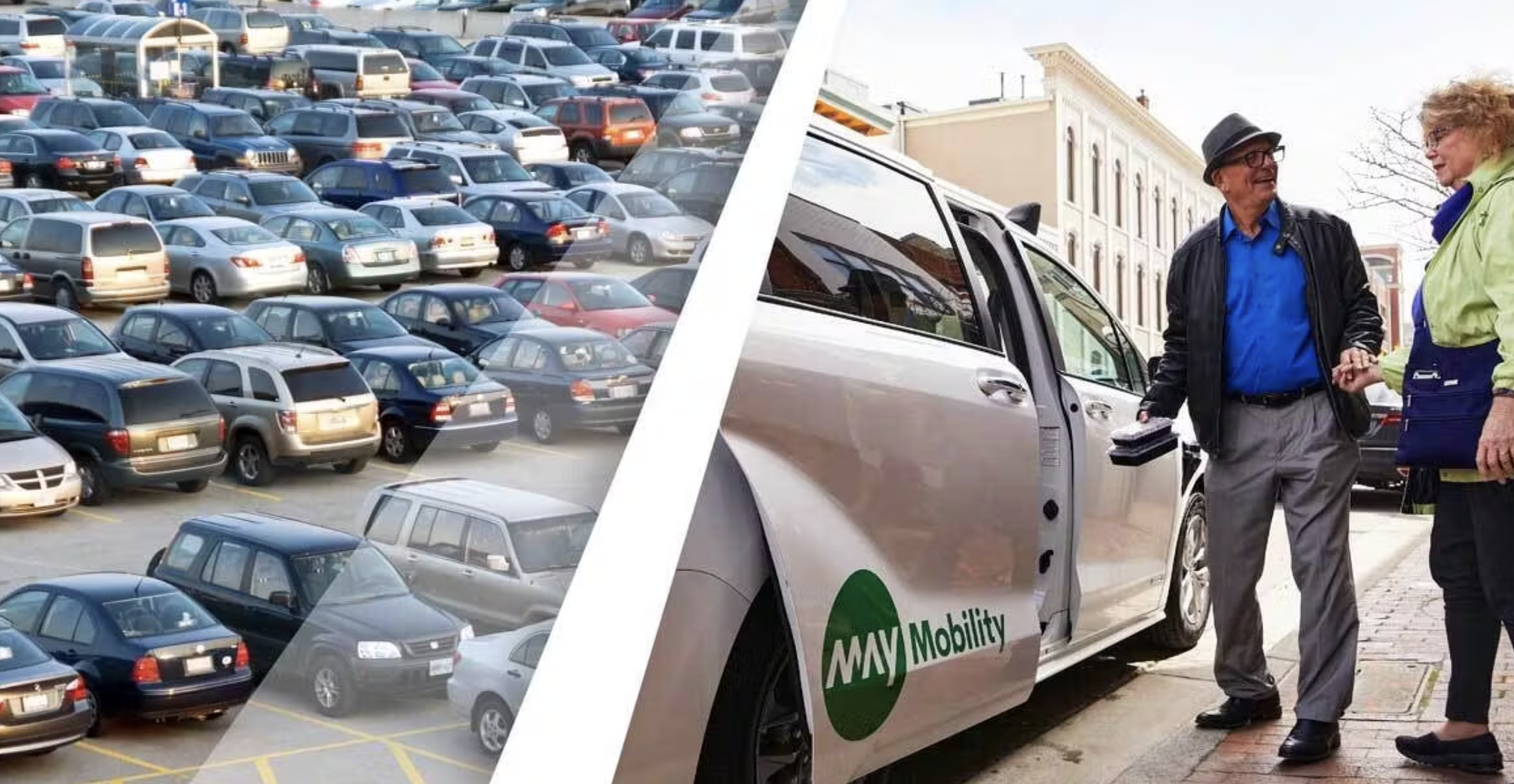The European Commission has presented a new proposal for Euro 7 standards that will reduce air pollution from motor vehicles.
The Commission says its proposal aims to meet the European Green Deal’s zero-pollution ambition, while keeping vehicles affordable for consumers.

The new standards replace previously separate emission rules for cars, vans, lorries and buses to bring emission limits for all motor vehicles under a single set of rules.
The pollutant emission limits will be tightened for lorries and buses, while the lowest existing limits for cars and vans will apply regardless of the fuel used by the vehicle.
The new rules also set emission limits for previously unregulated pollutants, such as nitrous oxide emissions from heavy-duty vehicles.
Thierry Breton, Commissioner for Internal Market said:To protect our climate, all new cars or vans placed on our market from 2035 will be zero-CO2 emissions. In addition to monitoring and supporting the fleet electrification, we are now tackling the emissions that aggravate air pollution and affect our health. With the Euro 7 rules we propose today, we will ensure that combustion engine cars put on our market until 2035, as well as heavy goods vehicles and electric vehicles, are as clean as possible for as long as possible, wherever they are used.
In addition, the standards will help better control emissions from all new vehicles by broadening the range of driving conditions that are covered by the on-road emissions tests to better reflect the range of conditions that vehicles can experience across Europe.
Furthermore, the standards will ensure that new cars stay cleaner for longer, as compliance for cars and vans will be checked until these vehicles reach 200,000 kilometres and 10 years of age. This doubles the current requirements.
Digital technologies will help enforce these standards, as Euro 7 rules will mandate the use of sensors to measure emissions throughout the lifetime of a vehicle.
For the first time, the proposal also tackles pollution from brakes and microplastic emissions on tyres, which remain relevant to electric vehicles.
Finally, the proposal will further support the deployment of electric vehicles by regulating the durability of batteries.
Frans Timmermans, Executive Vice-President for the European Green Deal said:The shift to electric mobility will bring important improvements to air quality for citizens. It’s why our CO2-emissions standards and Euro 7 norms work hand in hand to ensure we get more vehicles that are clean and affordable on Europe’s roads. Especially in cities, citizens have been demanding cleaner air, and the new Euro 7 standards will help deliver that.
We will have more precise emissions testing that reflects real driving conditions, we will regulate pollutants like ammonia to reduce smog in cities, and we will limit the release of microplastics from tyres. Together with the upcoming CO2-standards for trucks and buses, the new Euro 7 norms will also provide the right framework to get these kind of heavy-duty vehicles on the road to zero-emissions.
The Commission’s proposal will be submitted to the European Parliament and the Council for adoption.












